Homeschooling has gained popularity in recent years among young middle-class families who wish to offer their children individualized primary-secondary education at home to help them develop their creative side, critical thinking, and problem-solving cognitive capacities.
What is Homeschooling?

Homeschooling is a kind of education in which a child’s education is completed at home utilizing freely accessible study materials and resources. Most importantly, the culture of Homeschooling mainly focuses on developing family bonds rather than sticking to the traditional structure of our present educational system.
The family starts homeschooling by concentrating on the child’s core foundations and accepting responsibility for their formal education. Meanwhile, In homeschooling, Children learn via connections formed at home. Their major part of learning is based on real-life experience and instructions given by family members or professional tutors hired for their studies.
Homeschooling is becoming more popular in India, and it is becoming more formalized and competitive, with companies offering the resources to make it a success.
Status of Homeschooling in India
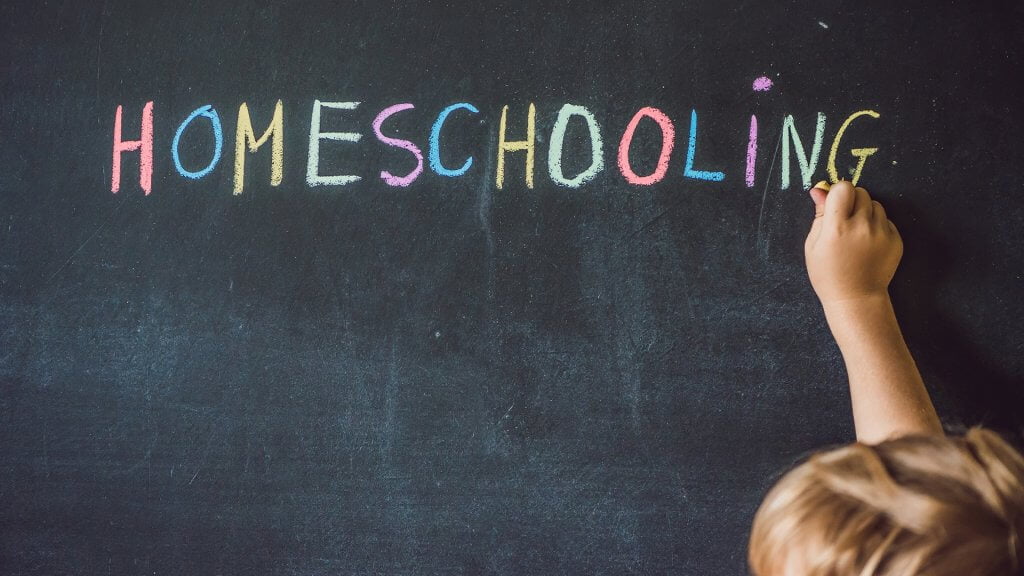
Also, People are becoming more worried about the dull and inefficient conventional Indian schooling system. But, The big question here is whether India is ready for homeschooling?
But, Homeschooling is an alternative method of education. Most importantly, it is a learning approach that takes place outside of regular education and puts parents/guardians responsible for their child’s entire development.
Homeschooling began in India for special-needs children who needed more family assistance. As fears of a rigorous school system rose, other parents started to experiment with the notion.
The COVID-19 outbreak heightened parents’ enthusiasm for home education therefore, it’s not incorrect to say that there is a modest but steady increase in homeschooling in India. In fact, after the pandemic, the number of homeschoolers skyrocketed.
The availability of resources and the involvement of several Edtech companies have significantly expanded the popularity of homeschooling in India.
Akshay Chaturvedi, the founder and CEO of Leverage Edu, mentioned homeschooling in an interview with Forbes India, stating, “Over 4 years of operations, we have noticed that homeschoolers perform exceptionally well when it comes to battling for places in the finest universities across the globe.” This is because, homeschooled children are raised on the ideas of overall development rather than a rigorous, time-consuming exam system.
In the traditional exam system, the child is mainly evaluated on marks he scored in exams.
Reasons to Choose Homeschooling in India
Here are some reasons why your child needs to choose homeschool over traditional education.
- COVID-19 pandemic
- Children’s safety, security, and well-being
- Flexibility and academic excellence
- Learning Obstacles
- Fear of going to school
- Bullying
- Best option for families traveling together
- Possibility to participate in additional extracurricular activities
Popularity of Homeschooling in India
Due to the lack of a recognized regulatory body, it is impossible to identify the exact number of homeschoolers present in the country or who are pursuing education via the homeschooling method. However, metropolitan locations such as Pune, Mumbai, Ahmedabad, Bengaluru, Delhi, and Chennai are where the teaching approach is most prevalent.
Is Homeschooling Legal in India?
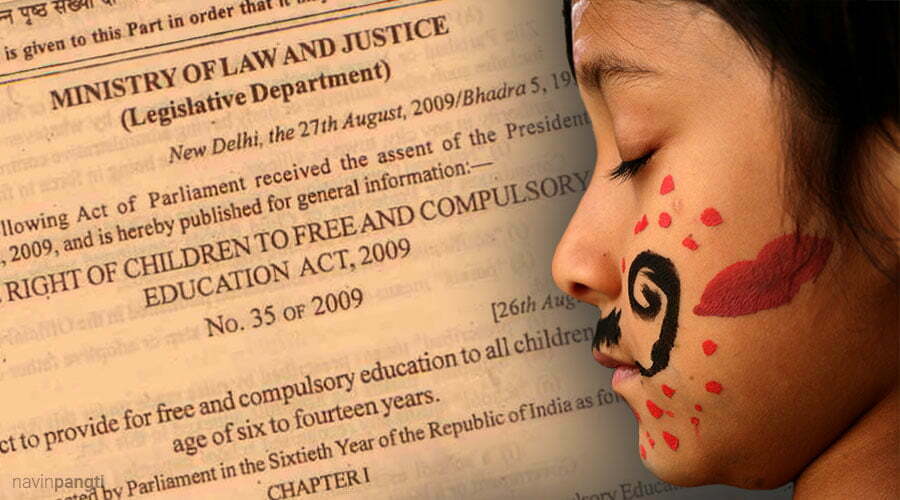
Also, Well in India government does not control homeschooling, homeschooled kids may take IGCSE or NIOS exams, which would provide them with the same scope as any other exam taken by any other recognized board.
Pros of Homeschooling
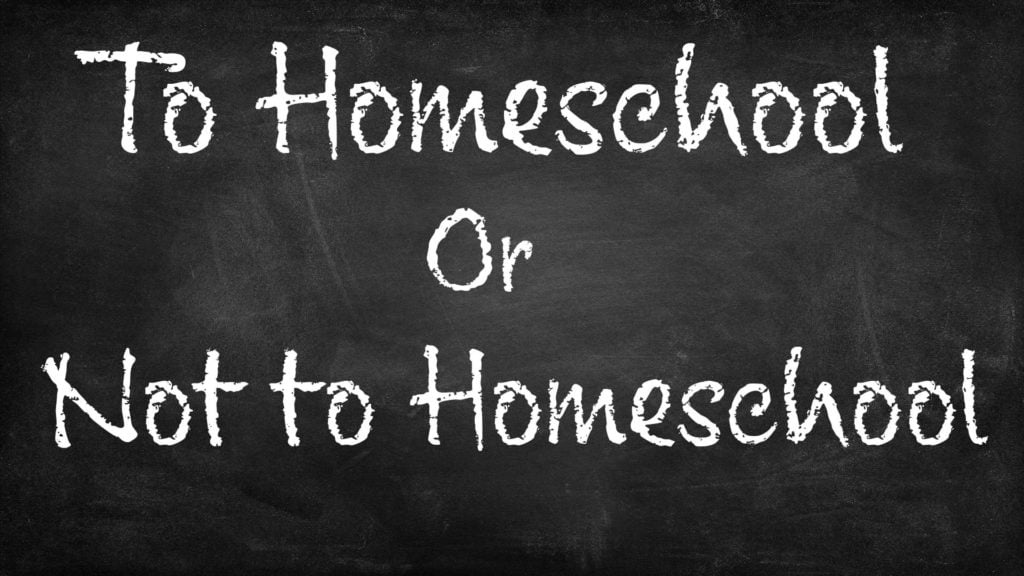
When the formal education system grows more tight and restrictive, homeschooling provides the space and opportunity to explore a child’s potential. Below we have mentioned some advantages of homeschooling.
- It allows parents to customize their children’s academic teaching and help them develop their skills.
- Child has a better conceptual education due to paying more attention to details.
- It provides the flexibility and freedom to pursue one’s passion and master that..
- It does not cause a child to lag in any other kind of schooling since it has become more structured.
Cons Of Homeschooling
Homeschoolers usually get together with other homeschoolers regularly. However, Those who miss such gatherings suffer from a loss of critical social skills, become reclusive at work or college, and lose self-confidence. Children that go to school regularly, on the other hand, will have much self-assurance.
Parents may be experts in some fields, but not all of them are. Not all parents are willing to provide the sort of education that schools provide, particularly when it leads to better grades.
Parents will have to devote all of their time to their children’s education. However, if there are two or three children, things will become much more challenging, mainly if both parents work.
When parents save money on school fees by home learning, they may need to quit their full-time or part-time job, putting their families’ financial situation at risk.
Children may also lose out on the different activities that come with school learning, such as forming relationships, making friends, going on field excursions, participating in the annual day and sports day events, engaging in group activities, etc.
Because there are fewer constraints for homeschooled students than traditionally educated children, they are more prone to miss classes.
Boards for Homeschooling in India
With the growing popularity of homeschooling in India, open education and learning have become more institutionalized to guarantee that kids receiving this kind of education do not fall behind.
leading organizations linked with homeschooling in India are –
NIOS
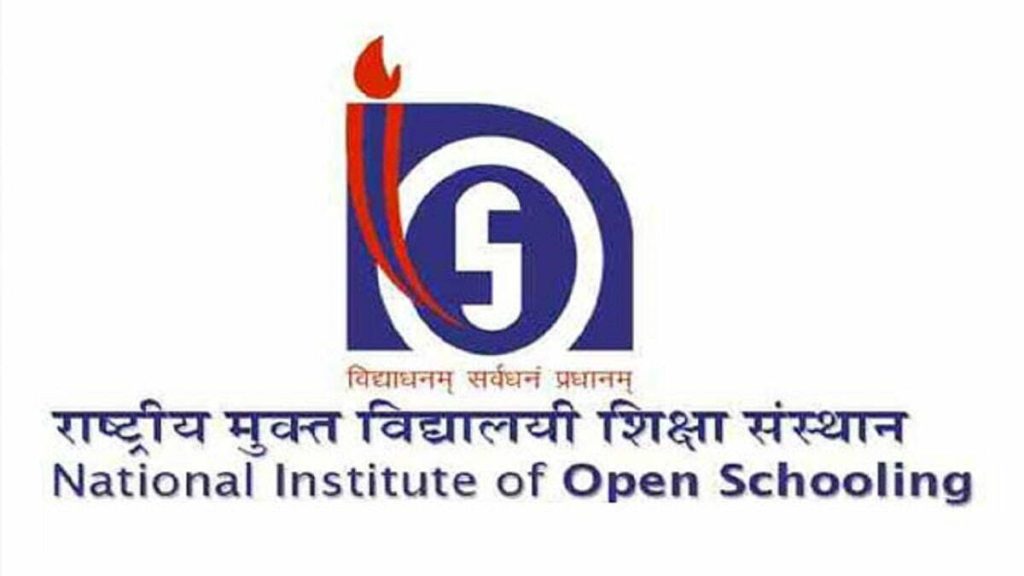
National Institute of Open Schooling is an open learning platform in India that allows students to continue their education via homeschooling. NIOS board allows parents to homeschool their children while appearing in essential 10th and 12th exams.
Students must enroll in one of these boards to get certification equivalent to any other recognized board in the country.
IGCSE
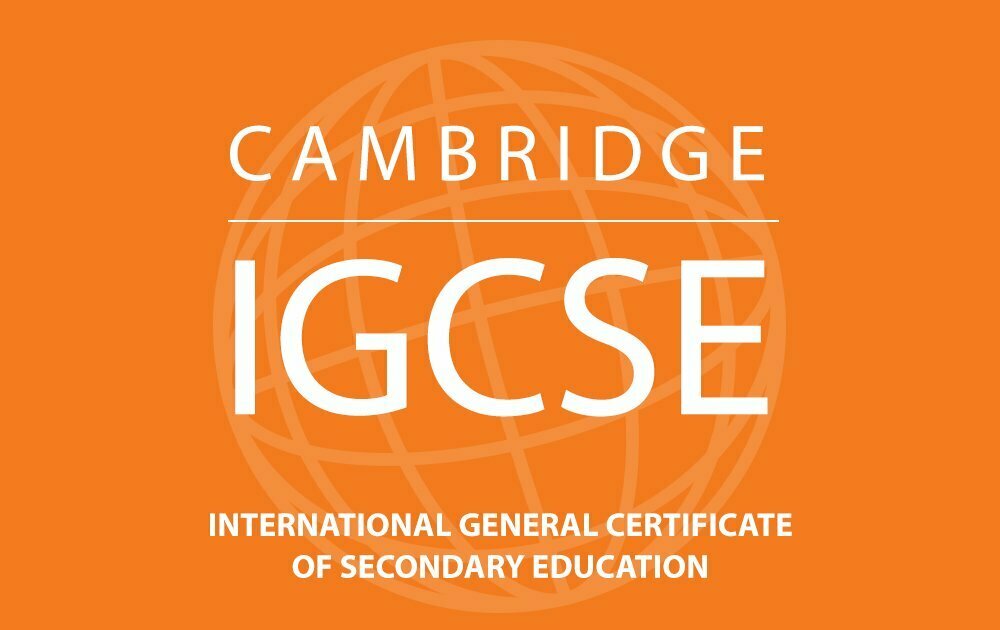
Also, The International General Certificate of Secondary Education (IGCSE) is a globally recognized credential for students who follow a homeschooling curriculum. This test is given in 10th grade and consists of many phases that examine a child’s learning from start to finish. Therefore, Candidates may sit for the test as private candidates and acquire a globally recognized certification.
Is Homeschooling a Less Expensive Option?
It’s a matter of debate! Parents must make their own decisions on this crucial matter. In addition, parents may not be required to pay a set cost, it is dependent on the curriculum they choose. The online courses their children engage in, and physical activities such as swimming, karate, and dancing classes.
Share with your friends





